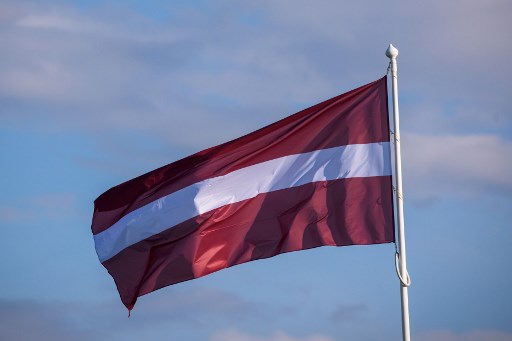
403
Sorry!!
Error! We're sorry, but the page you were looking for doesn't exist.
Austria faces disruption in its gas supply from Russia
(MENAFN) Austria is facing a disruption in its gas supply from Russia starting Saturday, following a financial dispute between the Austrian energy company OMV and Russia’s Gazprom. The disagreement arose after OMV halted payments to Gazprom's Austrian subsidiary to settle a €230 million arbitration award related to a prior gas cutoff involving its German operations. Although this has raised concerns about energy availability, Austrian Chancellor Karl Nehammer reassured the public that alternative energy sources would prevent any major disruptions during the winter.
While the halt in supplies has been announced, it's still unclear whether Gazprom has fully cut off gas deliveries to Austria, as reports suggest that gas flows through Ukraine to Europe continue at normal levels. This move is part of Russia's ongoing strategy to reduce gas supplies to Europe, a tactic that began in 2022 in response to the EU's support for Ukraine. These cuts, initially linked to disputes over ruble payments, triggered a sharp rise in gas prices and contributed to inflation across Europe.
In light of these disruptions, many European nations have sought to reduce their dependence on Russian gas. However, Austria, Slovakia, and Hungary still rely on Russian gas supplies via Ukraine. This reliance is further complicated by Ukraine's decision not to extend its gas transit agreement with Gazprom beyond January 2025. Austria, which relied on Russian gas for nearly 98% of its energy needs in December, is now exploring ways to diversify its energy sources and end long-term contracts with Russia.
Additionally, German Chancellor Olaf Scholz held a rare phone conversation with Russian President Vladimir Putin on Friday, marking the first direct communication between the two leaders in nearly two years.
While the halt in supplies has been announced, it's still unclear whether Gazprom has fully cut off gas deliveries to Austria, as reports suggest that gas flows through Ukraine to Europe continue at normal levels. This move is part of Russia's ongoing strategy to reduce gas supplies to Europe, a tactic that began in 2022 in response to the EU's support for Ukraine. These cuts, initially linked to disputes over ruble payments, triggered a sharp rise in gas prices and contributed to inflation across Europe.
In light of these disruptions, many European nations have sought to reduce their dependence on Russian gas. However, Austria, Slovakia, and Hungary still rely on Russian gas supplies via Ukraine. This reliance is further complicated by Ukraine's decision not to extend its gas transit agreement with Gazprom beyond January 2025. Austria, which relied on Russian gas for nearly 98% of its energy needs in December, is now exploring ways to diversify its energy sources and end long-term contracts with Russia.
Additionally, German Chancellor Olaf Scholz held a rare phone conversation with Russian President Vladimir Putin on Friday, marking the first direct communication between the two leaders in nearly two years.

Legal Disclaimer:
MENAFN provides the
information “as is” without warranty of any kind. We do not accept
any responsibility or liability for the accuracy, content, images,
videos, licenses, completeness, legality, or reliability of the information
contained in this article. If you have any complaints or copyright
issues related to this article, kindly contact the provider above.

















Comments
No comment